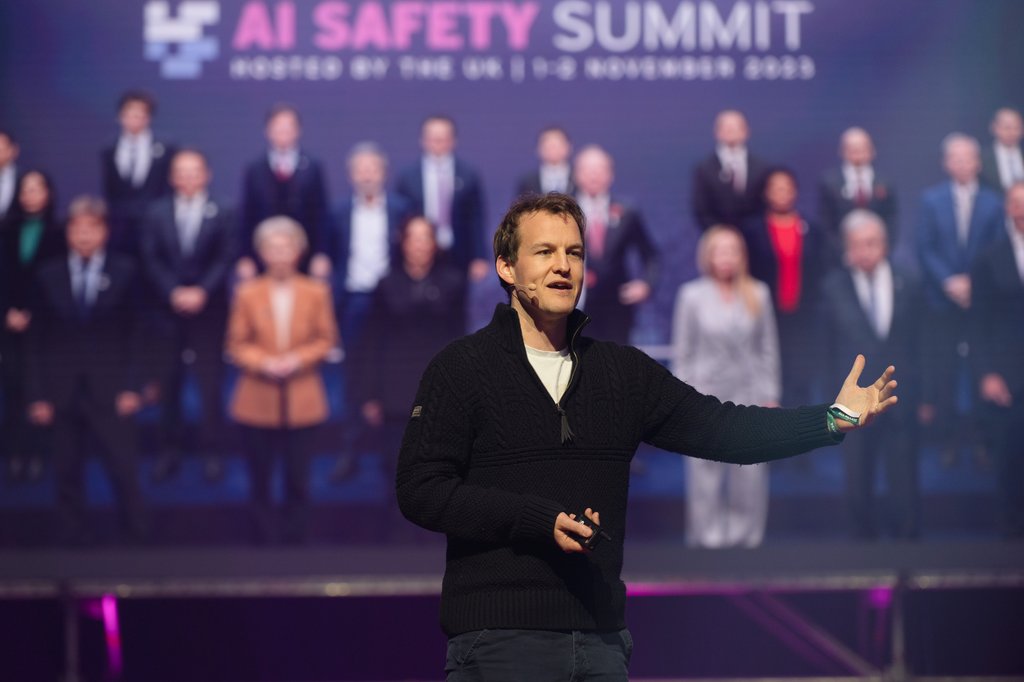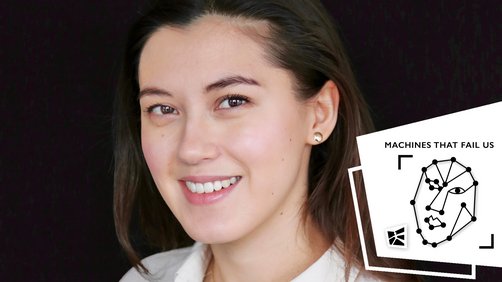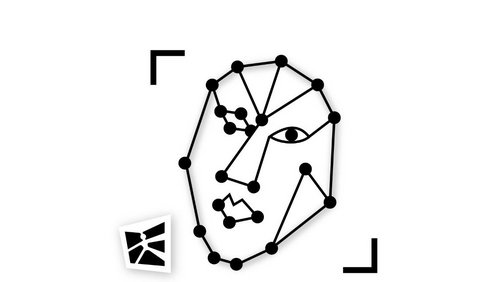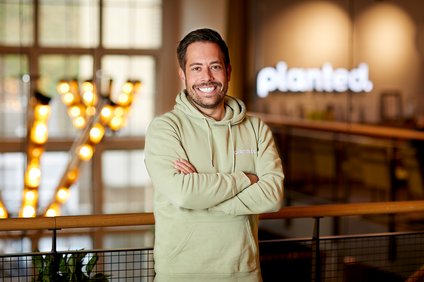Campus - 25.03.2024 - 10:15
Is the calm before the storm over?
At this year's START Summit, numerous startups from the field of artificial intelligence (AI) were of course not to be missed. There are plenty of opportunities to innovate in this field and challenge big players, especially for young Swiss entrepreneurs.

At the START Summit, Matt Clifford said that the last few months have been like the calm before the storm.
Most students are familiar with the situation: you have a lot of material to memorise and want to create flashcards for it. However, creating them takes up a large part of the learning time without the material being memorised. Well, there is now artificial intelligence in the form of Large Language Models (LLM), started by HSG graduate Dominik Gebhard, HSG Master's student Nikola Bulatovic and Florin Barbisch. Just last October, the three of them founded the startup Studyflash, which offers an AI application that automatically creates digital flashcards for specific learning material that can be entered into the AI beforehand in the form of scripts, slides or other sources. Since its launch, they have already attracted 25,000 users.
Just scratching the surface
Bulatovic and Gebhard presented their business idea at an exhibition stand at this year's START Summit, one of the largest student-organised startup and tech conferences in Europe. Visitors to this year's edition in the Olma Hallen in St.Gallen were bombarded with the buzzword "Artificial Intelligence" or "AI" everywhere else, whether at other exhibition stands of young companies promoting themselves or during the speaker sessions on the five stages, where emulators of big tech visionaries such as Elon Musk or Steve Jobs announced the coming AI revolution, sometimes wearing turtlenecks in proper style. Anyone who suspected the end of another tech bubble after the media waves surrounding ChatGPT died down will be proven wrong. "In 2023, we only experienced the calm before the storm," warned speaker Matt Clifford, British entrepreneur and pioneer of last year's AI Safety Summit, an international political meeting at which safety issues relating to AI were discussed. And on this first bright, sunny and warm spring day, the numerous speakers and their AI euphoria were also able to carry the spirit of optimism that could be felt outside into the dark Olma halls: there was talk of a hundredfold growth in the field of robotics in the coming years, or that only one per cent of companies were using the real potential of AI and that we were only scratching the surface with the AI tools currently available.
Swiss startups are also competitive in the AI sector
Prof Dr Dietmar Grichnik, an expert in entrepreneurship at the University of St.Gallen (HSG), confirms that this euphoria is justified: "When it comes to generative AI [such as ChatGPT for voice, editor's note], we are at the beginning of the next iPhone moment." Like the app developers during the spread of smartphones, many of the current startups in the AI sector are also building on the generative models of large tech companies as a platform. The startup Studyflash has also based and further developed its flashcard AI on the LLM model from OpenAI. And if you search the web for the ".ai" domain, you will come across numerous new applications: There are useful tools such as the one from the Swiss startup Optiverse, which can turn long videos into short ones, or the Bern-based startup retinai, which uses AI and retinal scans to help with the early detection of diseases - the possibilities currently seem almost limitless. But how sustainable are these opportunities really, especially for Swiss startups that are currently springing up like mushrooms? Will they be able to hold their own against the big tech superpowers from overseas in the long term? Prof Dr Grichnik: "We see Swiss software companies in the field of AI, such as LatticeFlow, which are definitely competitive thanks to their proximity to research and local universities."
Lack of regulation: both an advantage and a disadvantage
The regulatory framework also plays an important role in founding a company in the AI sector. While the relevant legislation is already well advanced in the EU, Switzerland is still more cautious. This can have both advantages and disadvantages for Swiss startups, emphasises Prof. Dr Thomas Burri, HSG expert in technology law. On the one hand, the EU regulation gives an idea of what will also apply in Switzerland without having to adhere to a law down to the smallest detail. This would allow us to enjoy a little more freedom. However, there is a risk that the obligations may be underestimated and compliance put on the back burner: "Later on, it will be more complicated to create compliance when your own product is already advanced."
Investment criteria: Agility and domain and technology expertise
The AI boom is naturally also an attractive business for investors. However, Adrian Locher, HSG graduate and co-founder of the AI investment platform Merantix, emphasised during a panel discussion that it is currently a challenge to identify the future winners among the numerous startups. According to Andre Retterath from Earlybird Venture Capital, the market is so dynamic and fast that a product may appear promising today and be outdated or launched by major players tomorrow. Andreas Goeldi from b2venture, who was also on the panel, therefore always looks at startups to see whether the teams are agile and iterative in order to be able to react quickly to dynamic developments on the market: "Small teams often do this better." All three business angels agree that they make sure that the founding team has at least one person with a technical background in addition to expertise in the area of application of the AI solution. This golden rule is also confirmed by Prof Dr Oliver Gassmann, an expert in innovation management at the HSG: "Only the combination of technology and market-relevant industry knowledge generates success." And as with all startups, the motto also applies in the AI sector: "Think big, start small, fail cheap and move fast."
The two young entrepreneurs Bulatovic and Gebhard seem to be following many of these golden startup rules with their flash and learning card AI. With co-founder and data science student Florin Barbisch, they certainly have technological expertise in their team and no one would deny the in-depth domain knowledge of the student founders. And so, we can only hope that the three young entrepreneurs will not be swept away by the storm whose winds they are currently helping to sow.
More articles from the same category
This could also be of interest to you
Discover our special topics















